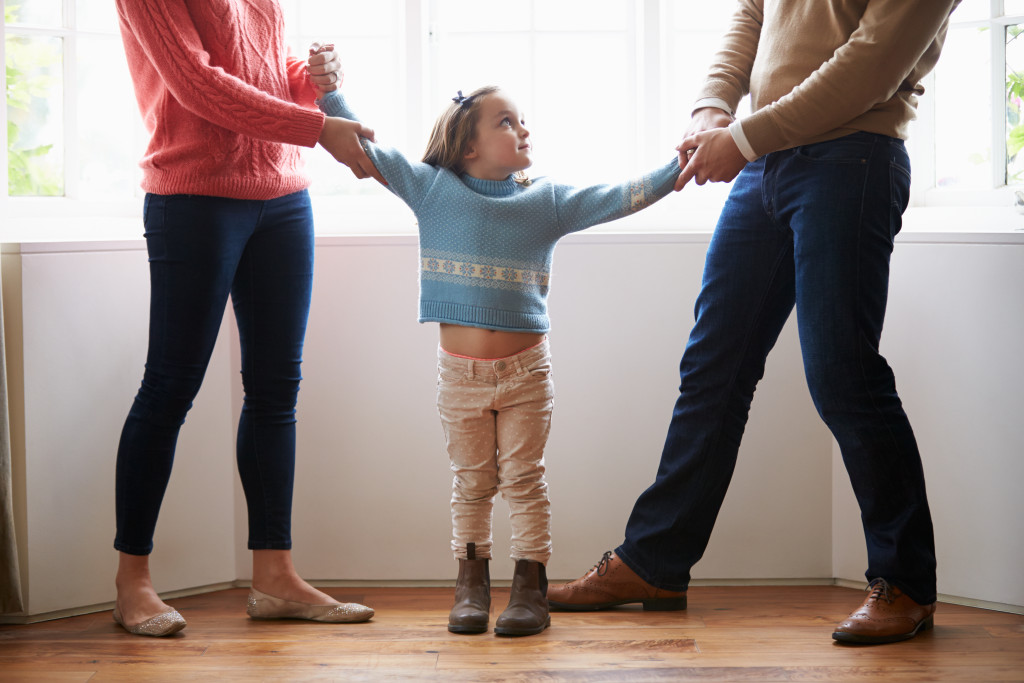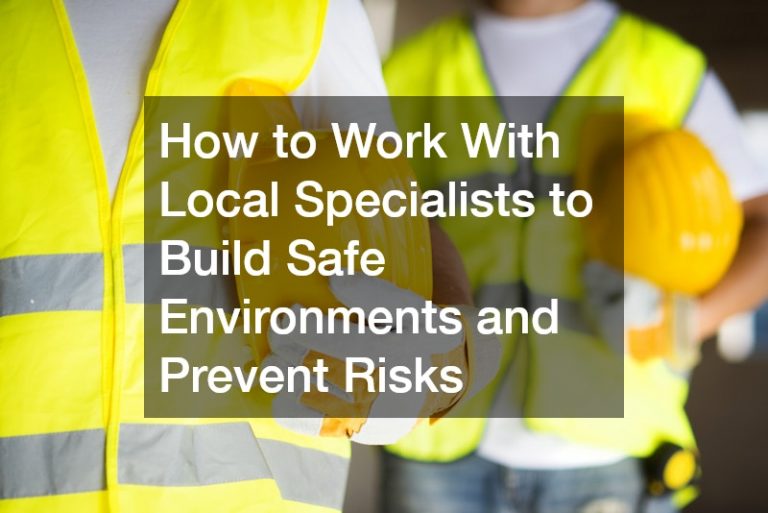- Spreading awareness of domestic abuse is vital to breaking down stigma and providing resources for survivors.
- Providing safe housing, legal support, counseling services, and financial aid is essential in helping victims.
- Support groups and education programs can be beneficial in allowing survivors to heal and find safety.
- Governments should invest in community-based services to ensure every victim has access to help.
Domestic abuse is a tragically common issue in societies and households worldwide. The United Nations reports that one in three women globally has experienced physical or sexual violence in their lifetime and with much more likely to experience psychological abuse. In the United States alone, domestic abuse affects an estimated 10 million people annually. Further, nearly 20 people per minute are physically abused by an intimate partner, making it one of the most pervasive yet underreported forms of violence against adults.
The most dangerous thing about domestic abuse is that it is often done in secret, making it even more challenging to detect and combat. It is essential, therefore, that those wishing to help victims of domestic abuse have the right tools and strategies at their disposal.
Here are a few that might help:
Spreading Awareness

Spreading awareness about domestic abuse is essential in fighting against it. By increasing public understanding of this issue’s prevalence, we can begin to break down the stigma and silence surrounding it. Raising awareness can also help victims feel less alone and more supported and give them access to the necessary resources they need to find safety.
Raising awareness can educate people on the different forms of abuse and their indicators – physical violence, psychological manipulation, financial control, etc. This will help to identify abuse more quickly and prevent it from escalating further. It can also create an environment where victims feel comfortable seeking support and legal protection. Educating people on the warning signs of possible abuse will also make them more likely to take action if they suspect a loved one or friend may be in danger.
Moreover, by shining a light on domestic abuse – its risks, prevalence, and consequences – we can encourage governments and organizations globally to do more in terms of providing resources for those affected by it. This includes investing in community-based services like hotlines, shelters, education programs for survivors, better training for law enforcement officers responding to domestic violence calls, etc. All these measures are vital in ensuring that every victim of domestic abuse has access to a safe path out of their situation.
Providing Help for Protection
Providing help for those needing protection from domestic abuse is essential. It is important to provide victims with access to resources that can help them escape their situation, such as the following:
Safe Housing
Safe housing will provide victims of domestic abuse with a safe and secure place to stay. This could be in the form of a shelter or confidential housing that can assist survivors in finding safety, support, and resources for their future.
Legal Support
Victims of domestic abuse often need legal help, especially if they are looking to press charges against their abuser or obtain restraining orders. It is crucial to provide access to lawyers who specialize in cases related to domestic violence so that victims have the best chance of finding justice and protection from further harm. Reliable divorce lawyers can also help prevent domestic abuse from continuing, ensuring you can address the issue permanently.
Counseling Services
Counseling services are essential for helping victims cope with the trauma caused by domestic abuse. Professional therapists can help survivors process what has happened to them and guide them in creating a safe and healthy life.
Financial Aid
One of the things stopping victims from leaving abusive relationships is often a lack of financial resources. This is why providing as much access to financial aid as possible is crucial. Help with rent, medical bills, and other necessities can be invaluable in helping victims rebuild their lives.
Provide Support Groups

Domestic abuse often has long-term impacts on survivors, and it is vital to provide access to support groups that can help them heal. These can include online forums or in-person meetings where victims can find solidarity, comfort, and understanding from others who have gone through similar experiences.
You can help the local community create support group programs and raise awareness about domestic abuse to ensure all victims have access to the resources they need. Plenty of opportunities will be to volunteer, mentor, and support survivors.
Final Thoughts
Domestic abuse is a complex issue that requires an adequate response from all parts of society – friends, family members, employers, health care professionals, law enforcement officials, and many more. By advocating for domestic abuse with the right strategies, we can create an environment where victims no longer have to suffer in silence or fear. We can work together to ensure that those affected by domestic abuse have access to the help they need and deserve.











